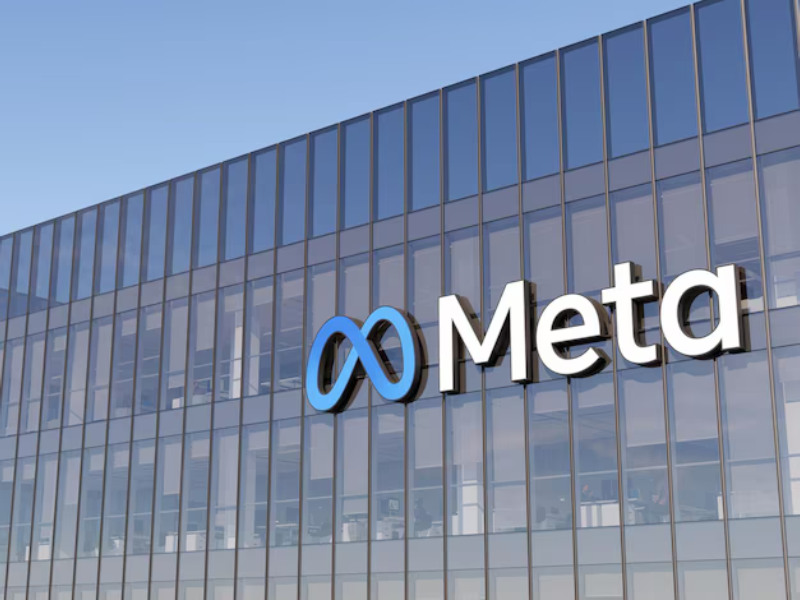- The company is planning for the future by preparing the compute clusters and data needed for the next several years, with a particular emphasis on their upcoming AI model, Llama 4.
- Meta’s current AI efforts, dubbed ‘Core AI’, are already showing positive results in improving user engagement on platforms like Facebook and Instagram.
OUR TAKE
Meta’s strategy involves building AI infrastructure with flexibility, allowing for capacity adjustments based on optimal use cases, which can be utilised for various purposes such as inferencing, ranking, and recommendations. This approach ensures that the hardware used for AI model training can also be repurposed for other tasks, maximising the efficiency and utility of their investments.
-Lia XU, BTW reporter
What happened
Meta has decided to focus on a long-term AI strategy, which means they are investing a lot of money and resources into developing advanced AI technologies instead of trying to make quick profits from them right now, according to the CEO and founder Mark Zuckerberg during the company’s Q2 earnings call.
Zuckerberg said, “Meta is planning for the compute clusters and data we’ll need for the next several years, especially for their next AI model, Llama 4, which will require almost ten times more computing power than its predecessor, Llama 3”. His goal for Llama 4 is to be the most advanced model in the industry next year.
According to their CFO, Susan Li, Meta does not expect to make money from their generative AI this year. Despite the heavy spending on AI, Meta remains financially strong, with Q2 results showing revenue of $39 billion and net income of $13.5 billion, which are significant increases from the previous year.
Also read: Meta’s revenue jumps 22% with AI-led ad growth
Also read: Meta to 10X computing power for Llama 4
Why it’s important
Meta’s focus on a long-term AI strategy is crucial because it ensures the company is not just looking for quick profits but is investing in sustainable growth and technological advancements that will benefit them in the future. So Meta could stay ahead in the AI industry, which is essential for maintaining a competitive edge.
Meta’s current AI efforts, such as the unified video recommendation tool for Facebook, are already showing positive results by increasing user engagement on platforms like Facebook Reels, which is important for keeping users active and engaged. It can lead to more time spent on Meta’s platforms, which can translate to higher ad revenues and a stronger user base.
The development of advanced AI models like Llama 4 is important. Because it pushes the boundaries of what AI can achieve, leading to more sophisticated and capable technologies. These advancements can lead to new applications and innovations that can transform various industries.

